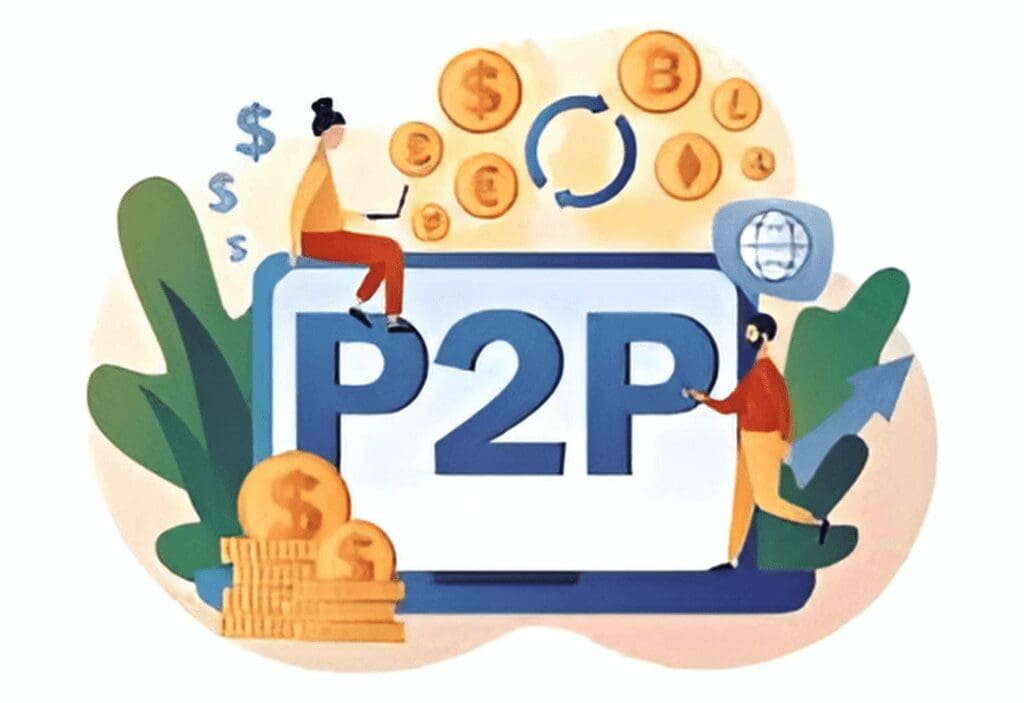In a bid to further regulate the cryptocurrency industry, the Nigerian government is contemplating measures to oversee peer-to-peer (P2P) trading within the nation. The move, orchestrated through the Securities Exchange Commission, is poised to discuss the suspension of P2P trading in a scheduled meeting on May 6, according to a report by local media outlet Punch on May 5.
Concerns Mount Over P2P Crypto Trading
With the country’s P2P market valued at $56.7 billion, authorities are increasingly concerned about the potential misuse of cryptocurrencies for illicit purposes and the potential impact on the local currency, the naira.
Potential Temporary Suspension Awaits P2P Traders
The prospective suspension of P2P trading, as reported, may be temporary, aimed at providing the government with the opportunity to establish a comprehensive regulatory framework. Sources familiar with the matter suggest that consultations with stakeholders within the crypto sector may ensue to formulate these regulations.
Also Read: Crypto Peer-to-Peer (P2P) Scams In India Highlight Urgent Need For Digital Asset Education
Seeking Clarity Amid Regulatory Uncertainty
Crypto stakeholders are eagerly anticipating the outcome of the scheduled meeting, hoping for clarity regarding the regulatory landscape. Obinna Iwuno, President of the Stakeholders in Blockchain Technology Association of Nigeria, emphasized the need for a clear direction, expressing optimism about gaining insights during the meeting.

Central Bank’s Ongoing Scrutiny Adds to Regulatory Atmosphere
The Nigerian central bank’s recent move to restrict major fintech firms from onboarding new customers, as part of a KYC audit, hinted at potential trade regulations. This development prompted leading fintech startups to take measures, including blocking accounts involved in crypto transactions and reporting such activities to authorities.
Implications for Nigeria’s Crypto Traders
The potential suspension of P2P trading could pose challenges for the estimated 33.4 million crypto traders in Nigeria, many of whom rely on trading as a significant source of income. Moreover, amidst concerns over the devaluation of the naira, cryptocurrencies have served as a hedge for many Nigerians against currency fluctuations, underscoring their importance in the country’s financial landscape.
Naira’s Devaluation Spurs Crypto Adoption
The Nigerian naira’s continued depreciation against the US dollar, exacerbated by foreign currency shortages, has propelled the adoption of cryptocurrencies as a safeguard against economic uncertainties. This trend reflects the growing significance of digital assets in Nigeria’s financial ecosystem.













Discussion about this post